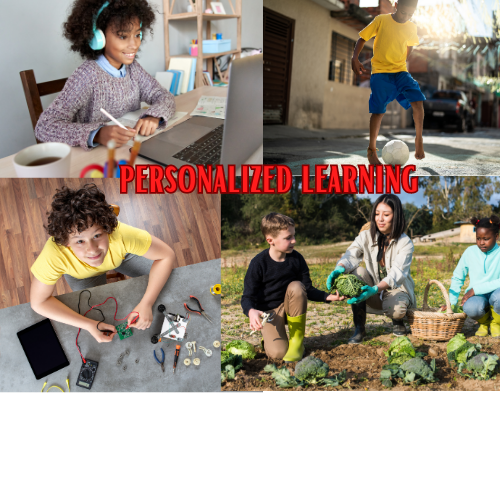
Homeschooling offers a unique opportunity to tailor education to accommodate disabilities and celebrate individuality. Here are a few ways homeschooling can be beneficial in this regard:
- Personalized Learning: Homeschooling allows for individualized instruction, which can be especially beneficial for students with disabilities. Parents can adapt teaching methods, curriculum, and pacing to suit their child’s specific needs, learning style, and strengths. This flexibility allows for a more personalized and effective learning experience.
- Accommodations and Modifications: Homeschooling allows parents to easily provide accommodations and modifications to support students with disabilities. Whether it’s adapting materials, using assistive technology, providing additional resources, or adjusting the learning environment, homeschooling offers the freedom to customize education to optimize learning for each child.
- Flexible Schedule: Homeschooling provides the flexibility to create a schedule that works best for the student. This is particularly valuable for individuals with disabilities who may require additional breaks, therapy sessions, or specialized instruction. Parents can adjust the schedule to ensure optimal learning conditions and address any specific needs.
- Individualized Support: Homeschooling allows for one-on-one attention, giving parents the ability to provide targeted support and intervention for their child’s unique needs. They can spend more time focusing on areas that require extra attention, providing ample opportunities for mastery and skill development.
- Self-Paced Learning: Homeschooling allows students to learn at their own pace. This is especially important for individuals with disabilities who may need additional time to grasp concepts or require repetitive practice. Homeschooling provides the flexibility to adapt the curriculum and ensure that the student progresses at a comfortable pace.
- Integrated Life Skills: Homeschooling offers the opportunity to integrate life skills into daily learning. This is particularly beneficial for individuals with disabilities, as it allows for practical, hands-on learning experiences tailored to their needs. Homeschooling can focus on developing independent living skills, social skills, and other essential life skills alongside academic learning.
It’s important to note that homeschooling a child with disabilities may require additional research, resources, and support networks. Parents can explore specialized curriculum options, connect with support groups or online communities, and seek guidance from professionals who specialize in working with students with disabilities.
Overall, homeschooling provides the flexibility and freedom to tailor education to accommodate disabilities and celebrate individuality. It allows for personalized learning, targeted support, and an environment that fosters the unique strengths and needs of each student.